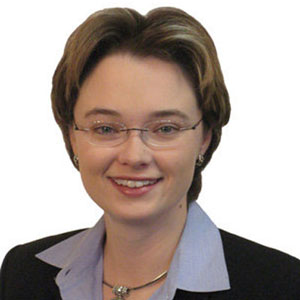 Rev. Cameron Trimble is the Executive Director of the Center for Progressive Renewal, which seeks to “renew Progressive Christianity by training new entrepreneurial leaders, supporting the birth of new liberal/progressive congregations, and by renewing and strengthening existing progressive churches.” Recently, she spoke in Connecticut to a group of seventy-five United Church of Christ pastors and educators. In her speech, Trimble made the historical observation that about fifty years ago the mainline congregations began to focus on the head while more conservative Protestants focused on the heart. She then suggested that the best way forward for those in the mainline is to work to bring together both head and heart:
Rev. Cameron Trimble is the Executive Director of the Center for Progressive Renewal, which seeks to “renew Progressive Christianity by training new entrepreneurial leaders, supporting the birth of new liberal/progressive congregations, and by renewing and strengthening existing progressive churches.” Recently, she spoke in Connecticut to a group of seventy-five United Church of Christ pastors and educators. In her speech, Trimble made the historical observation that about fifty years ago the mainline congregations began to focus on the head while more conservative Protestants focused on the heart. She then suggested that the best way forward for those in the mainline is to work to bring together both head and heart:
“Our task as leaders in this age of the church is to rejoin head and heart,” she urged to pastors and educators. “When they come to our church, people do not want to know more about God. They want to know God. They want to feel the presence of the living Christ in their lives.”
So What?
Perhaps no shift in American Christianity has been discussed as much as that of declining membership and cultural influence of the mainline denominations over the last half-century. Far too many denominational leaders are focusing on reforming denominational structure without adequately understanding that denominations as they were once known no longer are viable in the postmodern world.
As one who welcomes the label postdenominational, I am encouraged to hear Trimble construct a way forward that can cross denominational lines and work even if denominations, as we have known them in recent years, cease to exist. As one who welcomes the label postmodern, I am encouraged to know that she grasps the value of experience. As one who is progressive, I am hopeful that her platform of both/and rather than either/or offers a more inclusive way forward.
As one who has continued to read and ponder many proposals regarding reform in the mainline I have several questions:
- Is this simply a more polished form of the premise that those in the mainline must not simply be about information but rather transformation (of the lives of adherents)?
- For a typical mainline congregation what would need to change in order to shift from what Trimble considers an emphasis on intellect to something that values both the intellectual and experiential?
- How might this shift be leveraged to generate increased Christianity unity within and beyond the mainline?